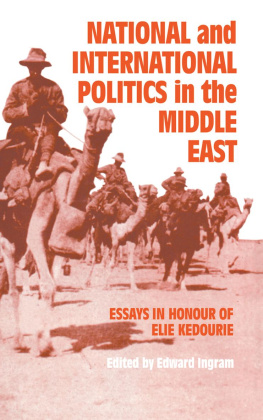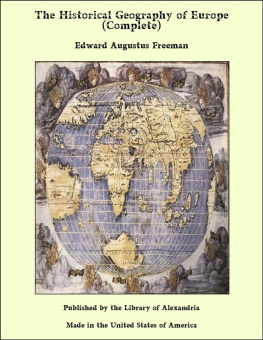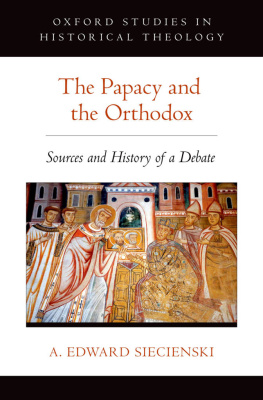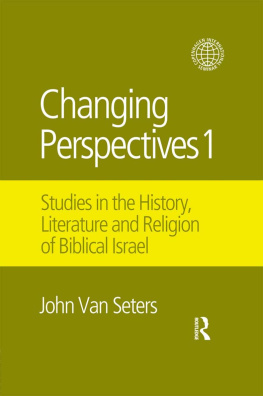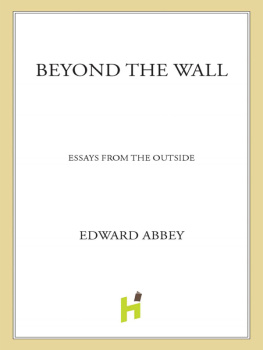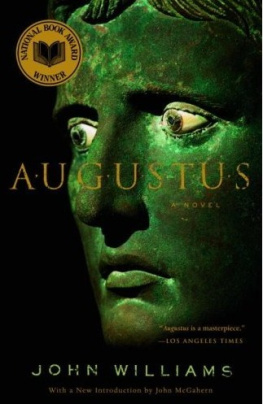WOLSEY AND THE DIVORCE OF HENRY VIII.[1]
Half a century ago a writer of great authority delivered the opinion that few things in history were better known than the divorce of Catharine of Aragon. Since that time the archives have been explored, and the old story which satisfied Hallam will never be told again. Mr. Brewer has done more than any other man to dispel the dark tradition, and to pour light upon an epoch which will always interest every description of educated men. After all that has been already gathered from Rome and Venice and Simancas, from Brussels and Vienna, his volume on the last and most momentous years of Wolsey's ministry embraces seven thousand letters, of which a large proportion are important and new. The most competent of his foreign critics, Dr. Pauli, reviewing the earlier part of the Calendar, declared that no other country possesses a work so satisfactory and complete ; and this is not exaggerated praise, although even Mr. Brewer's analysis cannot be accepted as a substitute for the full text of documents. He has not aimed so high ; and his readers will not seldom find that there is something still to learn in earlier and humbler publications.
If the Calendar does not utterly supersede all previous collections, the introduction in which Mr. Brewer has gathered up the innumerable threads, and has woven them into a consistent picture, so far surpasses all former narratives of the same events as to cause regret that he has not chosen rather to write a life of Wolsey, which everybody would have read, than to bury the fruit of so much study in prefaces to bulky and not very accessible volumes. With little additional labour he would have enjoyed greater freedom in the management of materials and in the use of colour, and literature would have been endowed with a popular masterpiece. Mr. Brewer has thought it a duty to devote the whole of his accumulated knowledge and power to the public work which has occupied so large a portion of his life. So few men are capable of extracting for themselves and digesting all the information his Calendar contains, that the elaborate introductions by the editor add immeasurably to its permanent utility and value. But it is impossible not to feel and to regret the generosity of so great a sacrifice.
Many of the problems that have agitated and perplexed ten generations of men are still unsolved. Yet, although we have not reached the fulness of knowledge that sates curiosity, it is not likely that much more will be learnt Some progress may be looked for in biography ; for the early lives of Gardiner, Tunstall, and Cromwell have not been studied ; nobody has taken the pains to restore the true text of the original Life of Fisher ; and not one of More's fifteen biographers has worked from manuscripts. The Vatican continues to yield priceless additions to the works of Raynaldus, of Theiner, and of Lammer ; part of the correspondence of Charles V. lies unused at Brussels ; and the papers of Campeggio may yet, perhaps, be found in the place where Sigonius saw them. But whatever the future may reveal, we now possess, in Mr. Brewer's pages, an account of the Divorce, to the fall of Wolsey, which is eminently trustworthy and intelligible.
That which distinguishes the whole reign of Henry VIII., both in Wolsey's happier days and during the riotous tyranny of later years, the idea of treating ecclesiastical authority not as an obstruction, but as a convenient auxiliary to the Crown, was anticipated by the example of his father-in-law Ferdinand. The Norman conquerors of Sicily established a form of government in which the spiritual power was more completely subdued by the civil than in any other place beyond the Byzantine boundary. In the struggle for the inheritance of the Suabian emperors, the Sicilians resisted for centuries the anathemas and the arms of Rome, and the kings of the House of Aragon maintained themselves in defiance of excommunications which were almost perpetual, and of an interdict which lasted seventy years. In a country which had endured ecclesiastical isolation so long, the Papacy could not recover its influence when the dynastic strife was ended. The Kings of Sicily acknowledged no superior, but exercised all jurisdiction themselves, allowing no appeals, and holding under strict control the intercourse between Rome and the Church within the island. This system of undivided power, consolidated and codified under Ferdinand the Catholic, became known by the significant designation of the Sicilian Monarchy. It was established without a conflict, and without ostensibly derogating from the papal dignity, by the instrumentality of the fiction that the King was, in his own dominions, hereditary Legate of the Pope. The combination of legatine authority with the highest political office in the person of Wolsey was an expedient that bore close practical resemblance to this institution.
It was in 1515 that Ferdinand proclaimed himself the virtual head both of Church and State in Sicily cujus tam in spiritualibus quam in temporalibus curam gerimus. In the following year Henry VIII. demanded that Leo X. would appoint his favourite minister Legate a latere. For three years he made the demand in vain. It was granted at length, and the appointment was justly described as the keystone of the Cardinal's position. Henry had too much of the instinct and of the passion of power to surrender willingly the advantage which it gave him. That advantage could be preserved only by close union with Rome, or by the exclusion of its authority. The intimate alliance with the Papacy through every vicissitude of political fortune which is characteristic of Wolsey's administration, actually prepared the way for separation after his disgrace. It was so essential an element in his scheme of government that it was not disturbed when Henry imputed to Leo, and bitterly resented, his failure to obtain the Imperial crown.
The elevation of his rival, the King of Spain, suddenly raised England to an important position in the politics of Europe. An auction began, at which Francis I. sought to purchase her friendship with gold ; whilst Charles V. not only offered the same sums as his competitor, but increase of territory at his competitor's expense. France was still our hereditary enemy. England remembered that an English King had been crowned in the French capital ; and Calais was an irritating memorial of the lost inheritance, and of conquests that had ended in defeat. The nation adopted with joy the alliance with the House of Burgundy, and Parliament voted supplies for war against France.
To make sure of Wolsey, Charles promised that he should be made Pope ; and the compact was scarcely concluded when the See of Rome fell vacant. The Cardinal summoned the Emperor to employ his army in securing his election. Charles assured him that he would not shrink from force if it was needed ; but the choice of the conclave fell so speedily on Adrian VI. that his sincerity was not tested. Wolsey waited, without discouragement, for another chance. In less than two years Adrian died, and Wolsey was again a candidate. His ambition was not unreasonable. He was the foremost of ecclesiastics and of statesmen ; and it had been said of him long since that he was seven times greater than the Pope. In the conclave of 1522 six cardinals had paid him the compliment of inscribing his name on their votes. [2] The traditional aversion of the College for men from the barbarous North had been put aside in favour of one who, in point of public service and political reputation, bore no comparison with the Cardinal of York ; and when it was first reported that a foreigner was elected, people supposed that it must be Wolsey. He now tempted his colleagues with enormous bribes, and he appealed once more to the Emperor. Charles acknowledged his engagements, and even exhibited a copy of the orders sent to his ambassador to procure Wolsey's election. But he caused the original to be detained, and took care that no effort should be spared to ensure the elevation of Medici ; or, failing Medici, of Colonna or Farnese.



